China’s ambitious K-visa scheme, designed to attract top global technology talent, has sparked a fierce backlash domestically, exposing tensions between Beijing’s innovation ambitions and its struggling domestic labour market.
A visa for global tech talent
The K-visa, widely seen as China’s answer to the United States’ H-1B program, aims to lure highly skilled engineers, AI specialists and other technology experts to work in the country. Officials have touted the scheme as part of China’s broader push for technological self-reliance and global competitiveness.
However, full eligibility criteria and implementation details remain unclear, leaving both domestic and international observers questioning how the program will operate in practice.
Public outcry and social media backlash
Since the proposal became public, Chinese social media has been abuzz with criticism. Platforms like Weibo and WeChat saw hundreds of thousands of comments expressing concern that the program could disadvantage local job seekers.
Some users have described it as “a foreign talent flood” in the midst of domestic economic pressures, while others accuse the government of prioritising imported skills over supporting local graduates struggling to find work.
“This policy feels tone-deaf when so many young people here can’t find jobs,” one widely shared comment on Weibo read, reflecting a sentiment echoed across online discussions.
The domestic backlash is reminiscent of the 2020 response to proposed changes in permanent residency rules for foreigners, which were shelved after public disapproval. Observers suggest that authorities may face similar pressure to revise or delay the K-visa rollout.
Youth unemployment and economic pressures
Critics argue that introducing a visa to attract foreign talent at a time when domestic youth unemployment hovers near 19% is politically and economically risky. China is set to welcome a record 12.2 million new college graduates in 2025, all competing for opportunities in a challenging labour market.
For many young workers, the perception that foreign talent could be prioritised in high-paying tech roles adds to frustration over economic stagnation and limited career prospects.
Analysts warn that without complementary policies to create more domestic opportunities, the K-visa could exacerbate social discontent. “Younger generations are sensitive to fairness in the labour market,” said a Beijing-based economist. “Policies perceived to advantage foreigners over locals can trigger backlash even if intended to boost China’s tech ecosystem.”
Quick Reads
View AllStrategic ambitions vs. domestic realities
From Beijing’s perspective, the K-visa represents a strategic gamble. China’s government seeks to accelerate its domestic AI, semiconductor, and software industries and tapping global talent is seen as essential to closing the technology gap with the US and other leading economies. Yet the disconnect between this vision and domestic concerns highlights the challenge: balancing global competitiveness with social stability.
Some industry insiders said that the program could still appeal to expatriates if paired with incentives such as tax breaks, relocation support, and streamlined residency procedures.
The road ahead
For now, Beijing has yet to provide full requirements for the K-visa and the government appears cautious in responding to domestic criticism. Whether the policy will be rolled out as planned or adjusted remains uncertain. Analysts suggest that how authorities manage public sentiment will be crucial to the scheme’s success.
The K-visa debate underscores a broader challenge for China: pursuing technological leadership without alienating its domestic workforce. As global competition for AI and tech talent intensifies, Beijing faces a delicate balancing act, encouraging innovation through foreign expertise while ensuring its homegrown talent feels valued and secure.


)

)
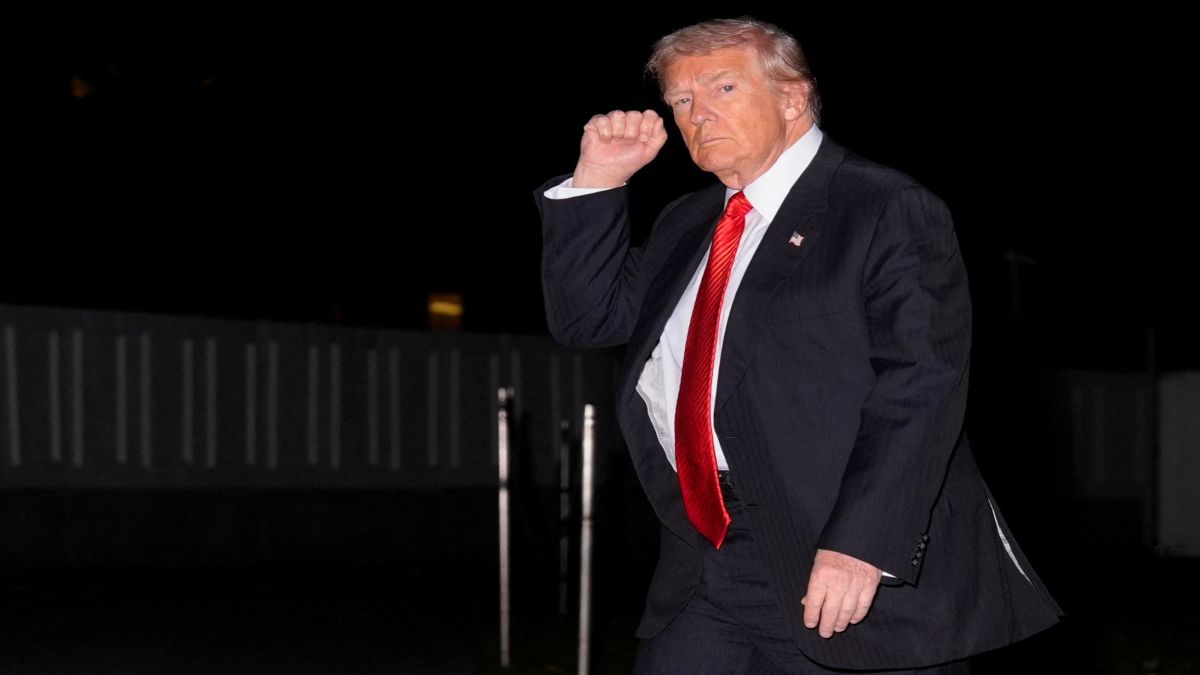)
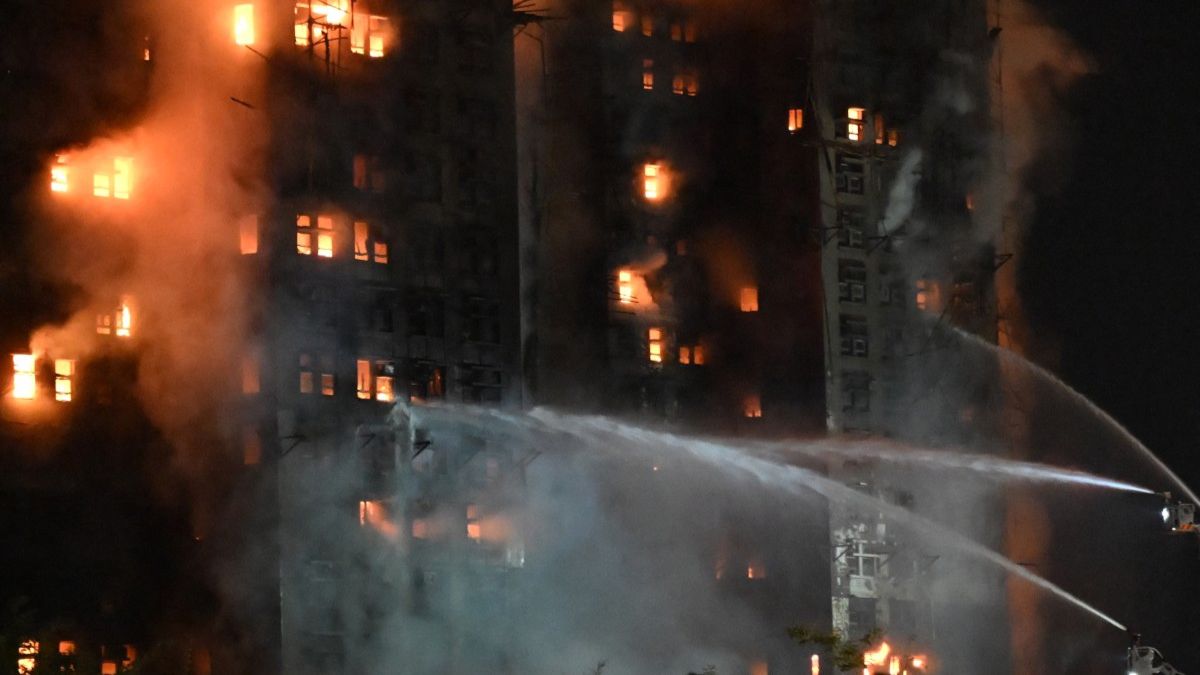)
)
)
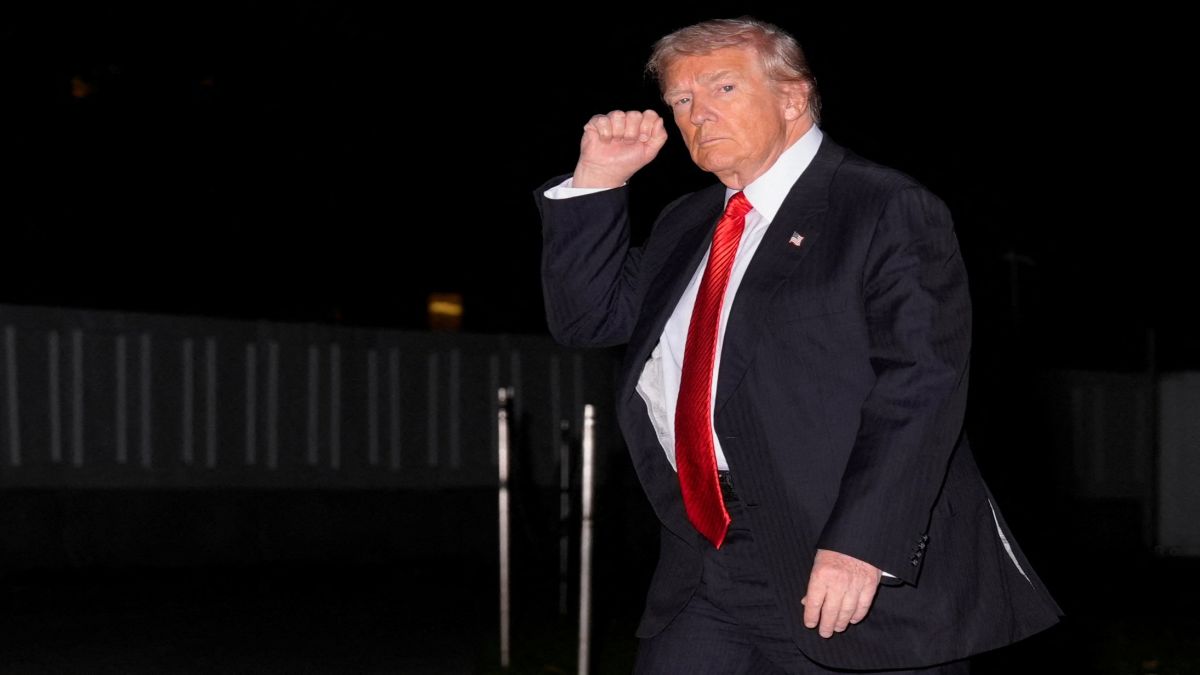)
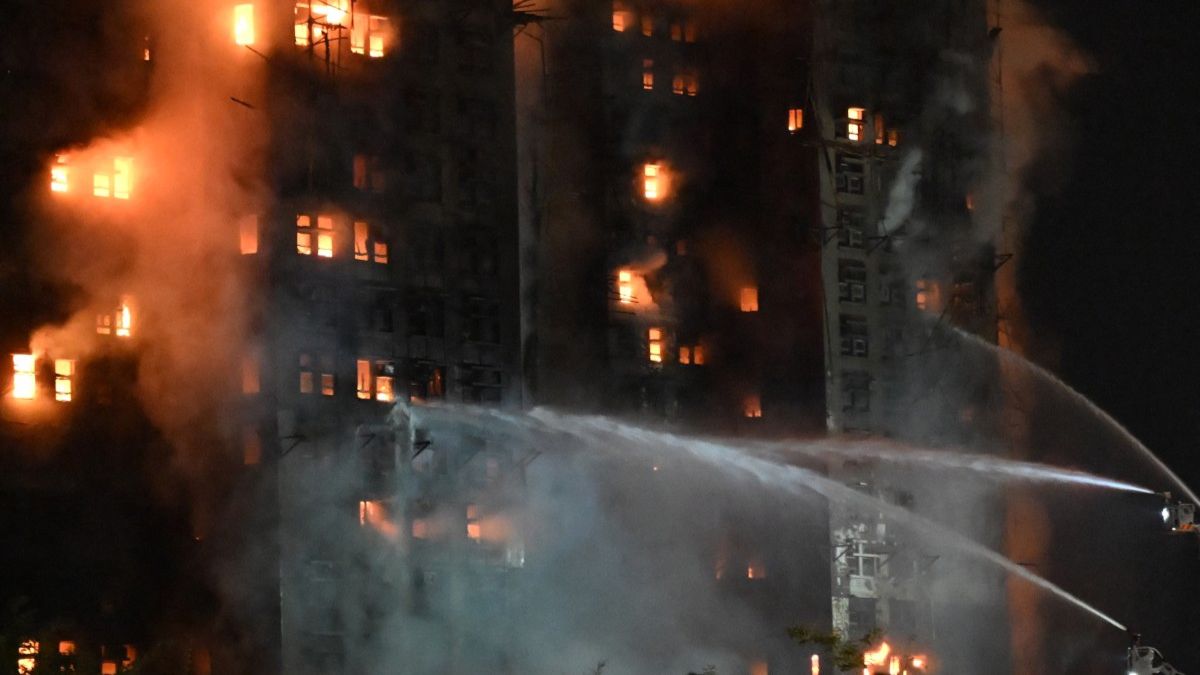)
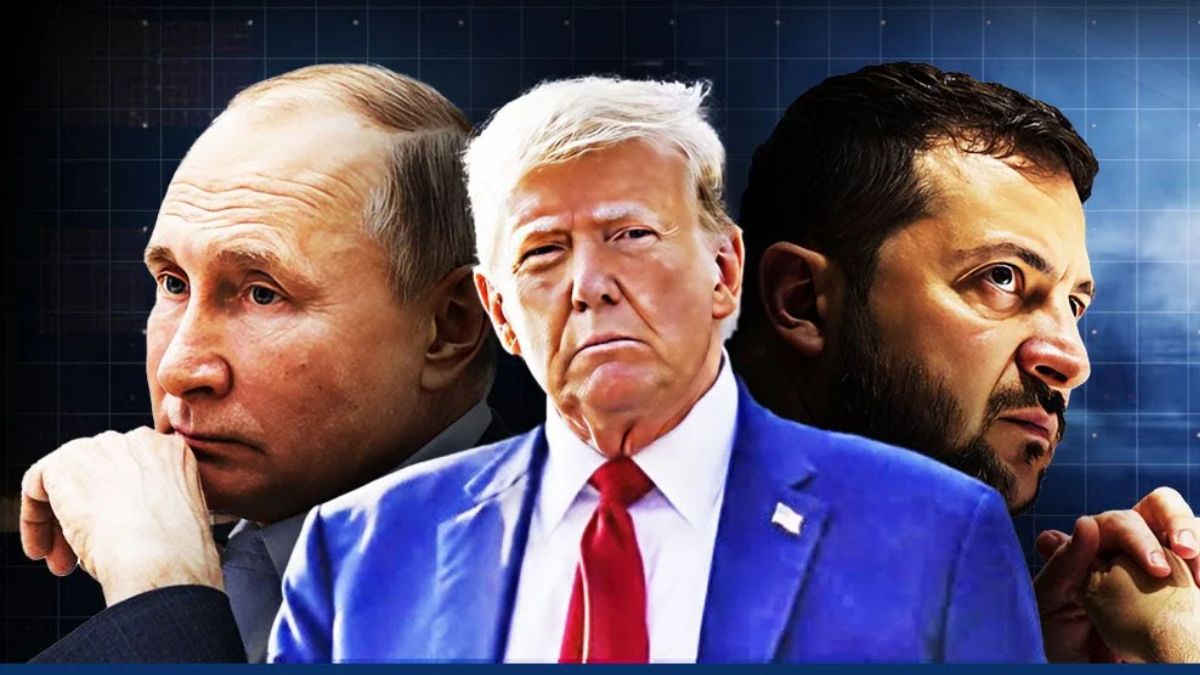)



